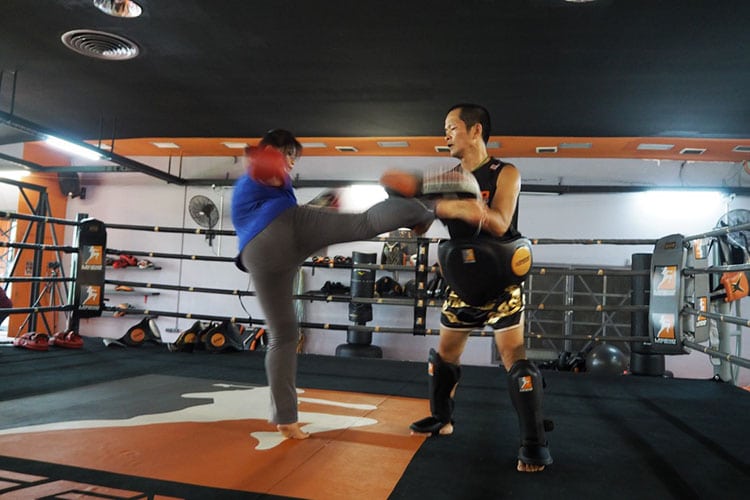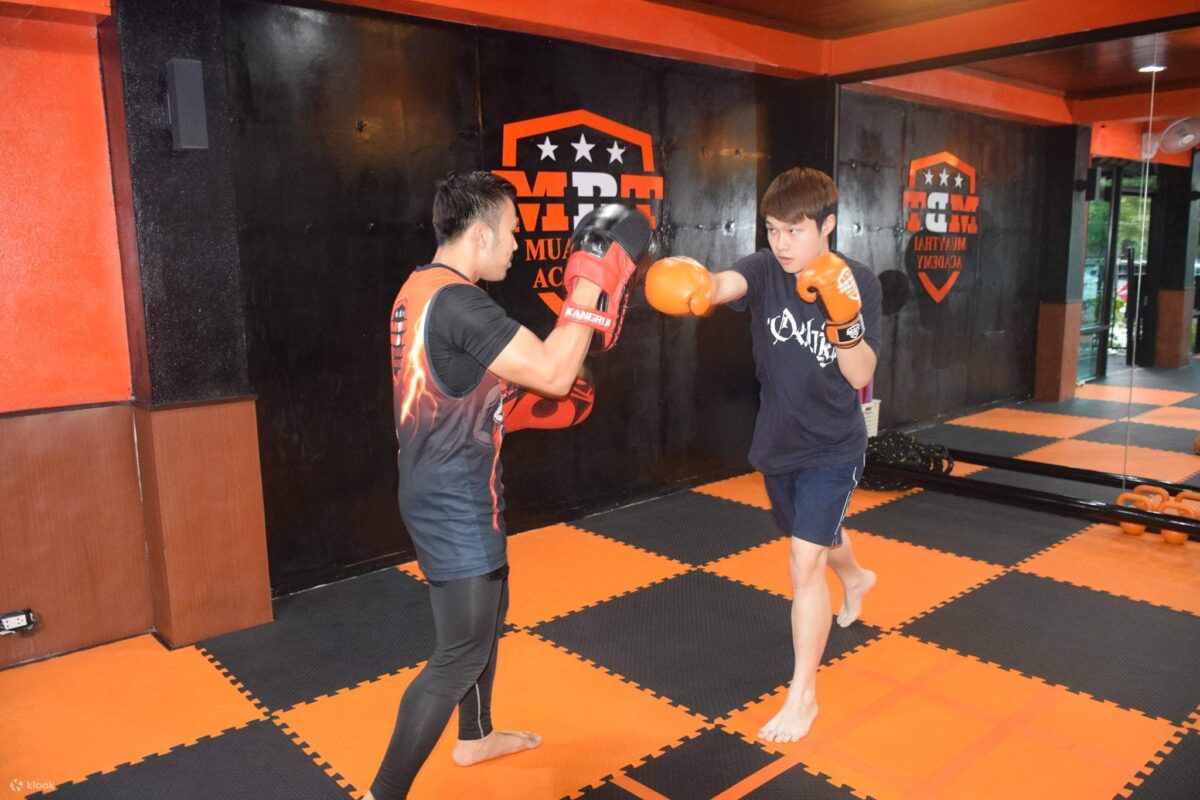Muay Thai Gym&Trainer
Muay Thai Gym Etiquette: What to Know Before Your First Class
Introduction
Muay Thai, the ancient art of eight limbs, is a powerful and respectful martial art. Whether you’re joining a Muay Thai gym to get fit, learn self-defense, or compete, understanding gym etiquette is crucial. This guide will prepare you for your first class, covering everything from what to wear to how to behave, ensuring a positive experience for you and your fellow practitioners.
Understanding Muay Thai Gym Etiquette
Respect and Humility
Respect is the cornerstone of Muay Thai. Show respect to your instructors, fellow students, and the gym environment. Greet your instructors with a traditional Thai bow, known as the “wai.”
Punctuality
Arriving on time shows respect for your instructor and classmates. Being late can disrupt the class and your training schedule.
Proper Attire
Wear appropriate Muay Thai gear. This includes Muay Thai shorts, a comfortable t-shirt, and well-maintained gloves. Avoid wearing jewelry as it can cause injuries.
Personal Hygiene
Maintain good personal hygiene. Shower before class, wear clean clothes, and ensure your nails are trimmed to avoid injuring others.
Preparing for Your First Muay Thai Class
Physical Preparation
Ensure you are physically prepared for the intensity of Muay Thai. Warm up before class and stay hydrated.
Mental Preparation
Approach your first class with an open mind and willingness to learn. Be prepared for a challenging yet rewarding experience.
Bringing the Right Gear
Bring the necessary gear, including hand wraps, a mouthguard, and a water bottle. Some gyms may provide equipment, but it’s always good to have your own.

During the Class
Listening to Instructions
Pay close attention to your instructor’s guidance. Muay Thai techniques require precision and adherence to proper form.
Partner Training
When training with a partner, communicate clearly and practice techniques safely. Respect your partner’s limits and be mindful of your strength.
Cleanliness in the Gym
Keep the training area clean. Wipe down equipment after use and dispose of any trash properly.
Post-Class Etiquette
Thanking Your Instructor
Always thank your instructor and training partners at the end of class. This shows appreciation for their time and effort.
Reflecting on Your Training
Take time to reflect on what you learned. Identify areas for improvement and set goals for your next session.
Muay Thai Gym Culture
Community Spirit
Engage with the community. Building relationships with fellow students enhances your training experience and creates a supportive environment.
Respect for the Gym Space
Treat the gym space with respect. Keep it clean, organized, and follow any specific rules set by the gym.
FAQs
What should I wear to my first Muay Thai class? Wear Muay Thai shorts, a comfortable t-shirt, and bring clean, well-maintained gloves. Avoid jewelry to prevent injuries.
How early should I arrive for my Muay Thai class? Arrive at least 10-15 minutes early to allow time for changing, wrapping your hands, and warming up.
Do I need to bring my own gear? It’s best to bring your own gear, including hand wraps, a mouthguard, and a water bottle. Some gyms may provide equipment, but having your own ensures proper fit and hygiene.
What is the traditional greeting in Muay Thai? The traditional greeting is called the “wai,” which involves a slight bow with your hands pressed together in a prayer-like position.
How can I show respect in a Muay Thai gym? Show respect by greeting your instructors and fellow students, being punctual, and maintaining personal and equipment cleanliness.
What should I do if I am injured during class? Inform your instructor immediately if you are injured. They will provide the necessary assistance and ensure you get appropriate care.
Conclusion
Joining a Muay Thai gym is a rewarding experience that goes beyond physical training. Understanding and practicing proper etiquette will enhance your learning and help you build respectful and supportive relationships within the Muay Thai community. Embrace the journey with respect, humility, and dedication, and you’ll find Muay Thai to be a fulfilling and transformative practice.

